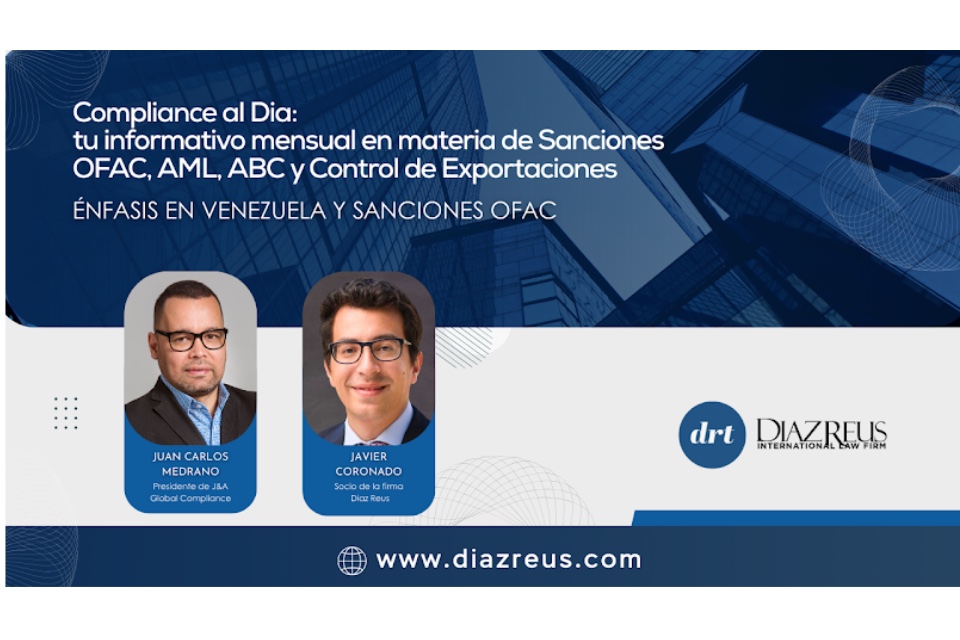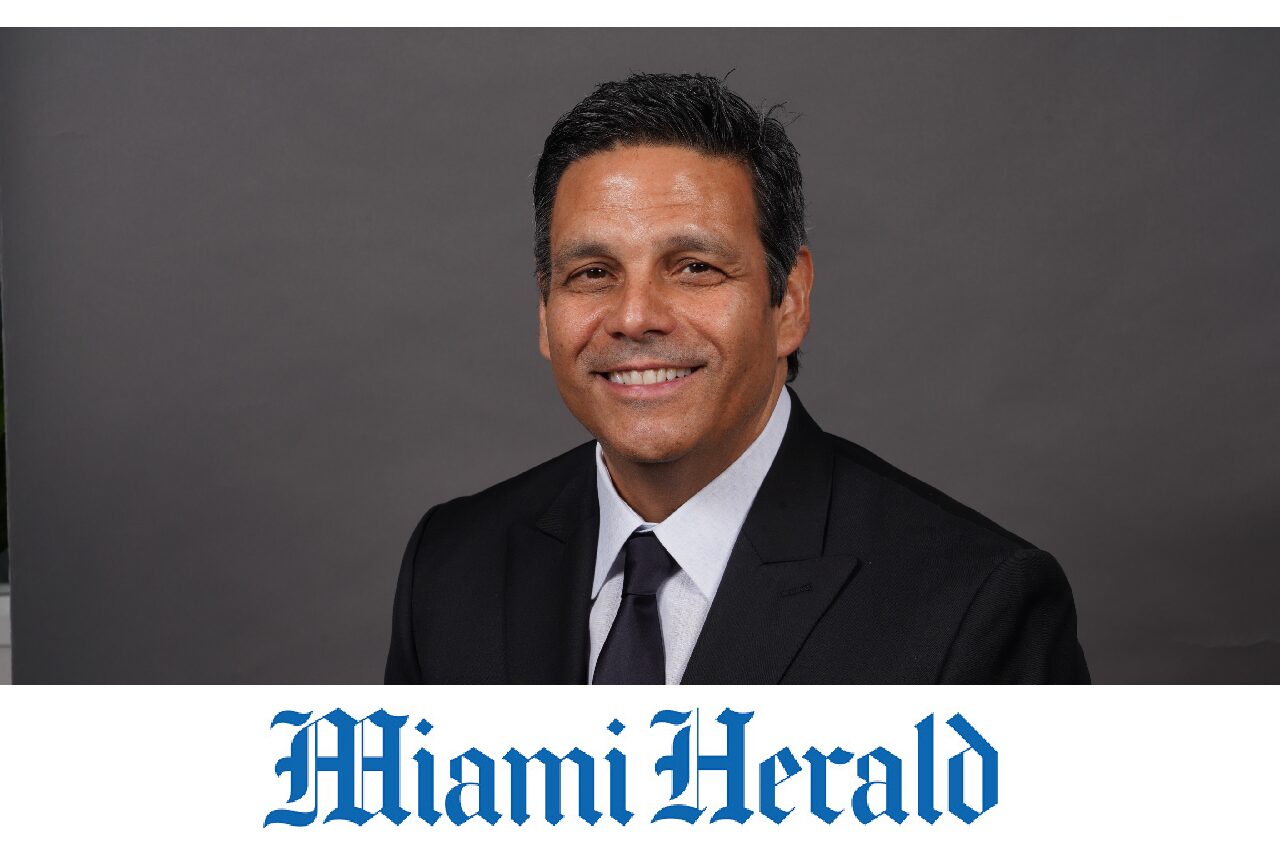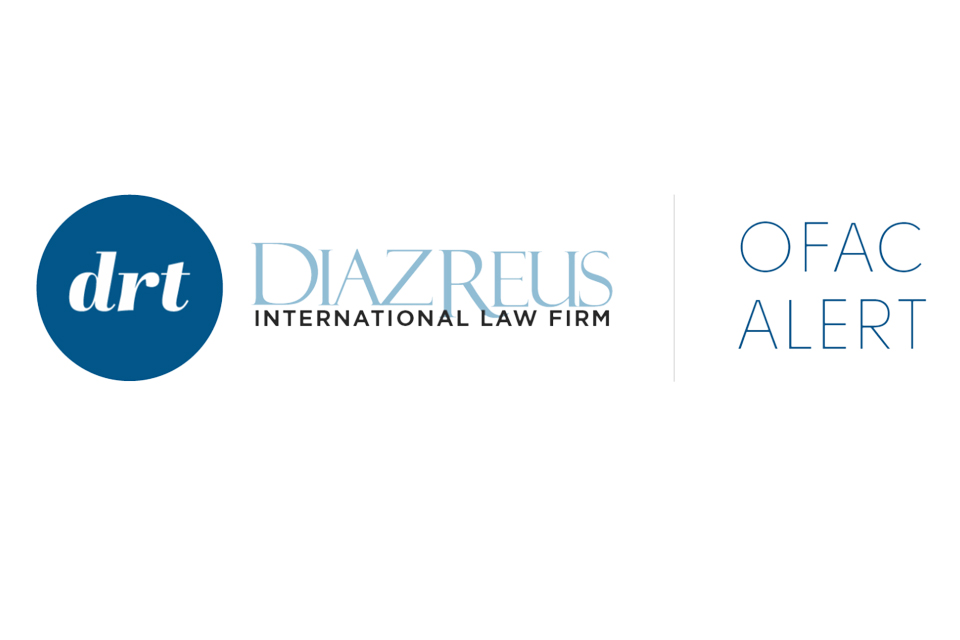BY JAY WEAVER AND ANTONIO MARIA DELGADO
APRIL 27, 2020
Since targeting Venezuelan corruption in 2017, South Florida federal authorities have seized $450 million in bank accounts — luxury properties, show horses, high-end watches and a super-yacht — that belonged to more than a dozen government officials and business people in Venezuela, all charged with laundering billions of dollars into the United States, Switzerland and other countries.
The biggest catch of them all: Alejandro Andrade, Venezuela’s former national treasurer. He wrote several checks totaling $250 million to the U.S. government last fall, after the money had been transferred from his Swiss bank account to his defense attorneys in Miami. That payment was counted towards a $1 billion forfeiture judgment against him, federal authorities told the Miami Herald.
Andrade, who is serving a 10-year prison sentence for money laundering, also lost the following in federal seizures: six South Florida real estate properties, including a Wellington horse farm; a waterfront Palm Beach residence and a Pinecrest estate ($33 million); as well as 14 show-jumping horses ($2 million), 35 designer watches ($1.5 million) and a fleet of 10 exotic foreign cars ($1 million), according to authorities.
Federal agents have also seized dozens of multimillion-dollar condos and homes — stretching from downtown Miami’s Brickell Avenue area to the exclusive Cocoplum neighborhood in Coral Gables — from other Venezuelan defendants accused of bribery and kickback schemes fueled by the nation’s oil company, PDVSA, under the socialist regimes of the late President Hugo Chavez and his successor, Nicolás Maduro.
Prosecutors say the poisonous fruit of all this corruption is in plain sight in South Florida, a money-laundering haven not only for notorious drug traffickers of the past but also crooked foreign officials of the present.
“As I drive from my house in Miami to the U.S. Attorney’s Office in downtown Miami, I can literally see the fraud and corruption of Maduro’s regime — from multimilion-dollar condos on Fisher Island owned by corrupt Venezuelan executives and generals, to luxury yachts on Biscayne Bay and private jets owned by Venezuelan officials,” U.S. Attorney Ariana Fajardo Orshan said at a virtual news conference last month with U.S. Attorney William Barr. At the time, the U.S. Department of Justice announced the indictment of Maduro and other Venezuelan officials on narco-terrorism charges in New York.
While recovering hundreds of millions of dollars from tens of billions in foreign corruption and money laundering may seem like a fraction, it is “significant” because of the “daunting task” of tracing the tainted assets to their real owners, said John Tobon, deputy special agent in charge of Homeland Security Investigations in Miami.
After the money is stolen from the Venezuelan government or its state-owned oil company, the funds are normally transferred to bank accounts in Switzerland and the United States and then eventually invested in the name of shell companies in upscale real estate and other luxury assets to hide the identity of actual owners. “It is incredibly difficult,” Tobon said. “We spend a lot of time peeling back the layers.”
Normally, once money traceable to a crime is recovered by federal authorities, it is turned over to the Justice Department and held by the Treasury Department. Both the Justice and Treasury departments declined to answer how much money is in the forfeiture fund derived from Venezuelan corruption cases and how the money will be used.
It is unclear what will become of the hundreds of millions of dollars seized in the dozen-plus Venezuelan corruption cases prosecuted in South Florida. Assistant U.S. Attorney Michael Nadler, who prosecuted Andrade along with Justice Department lawyers, said the U.S. government plans to keep the forfeited assets in his case — a policy shared by other prosecutors in similar Venezuelan corruption cases in Houston and New York. (Prosecutors in those cases have also forfeited millions of dollars unrelated to the seizures in South Florida.)
“What typically happens with this money is it stays in the Department of Justice Asset Forfeiture Fund and the various law enforcement agencies [involved in the Venezuelan cases] will fight over what they should get,” said white-collar defense attorney Jon Sale, who formerly served in the U.S. Attorney’s Offices in Miami and New York.
But Sale said the Justice Department should re-evaluate how the funds are distributed in this instance because of the economic collapse of Venezuela and the devastating impact on its people, who are starving and fleeing the country.
“What the U.S. Attorney’s Office has done is commendable, but the only way they are going to be able to take the ball over the goal line is to return the money as soon as possible to the victims of Maduro’s corruption, the Venezuelan people,” said Sale.
He suggested that the money should be immediately transferred to the government of the recognized president, Juan Guaido, with a third party, such as the United Nations or Red Cross, tasked with overseeing the use of the money to supply food and medical needs, among others, to the Venezuelan people.
Indeed, there are some U.S. politicians, including Florida Republican Sen. Marco Rubio, who believe that the confiscated funds from these corruption cases should be set aside by the federal government and eventually returned to the Venezuelan people — if and when Maduro is ousted as president and replaced by Guaidó. He is the National Assembly leader who is recognized by the Trump administration and 60 other nations as the true president of Venezuela.
Remarkably, PDVSA, the state-owned oil company known for widespread corruption, recently filed a motion in Miami federal court to recover some of the confiscated funds, claiming it is a “victim.”
After federal prosecutors made their first major case against Andrade, they zeroed in on a wealthy TV network mogul, Raul Gorrin. Close to Chavez, Gorrin was charged with collaborating with the former national treasurer and funneling embezzled government funds not only to himself but to Andrade’s bank accounts in Switzerland totaling more than $1 billion. Gorrin is a fugitive wanted in South Florida.
Prosecutors then turned their attention to another ring of so-called Venezuelan kleptocrats led byGorrin’s associates, Francisco Convit Guruceaga and eight others. In 2018, they were accused of making loans to the national oil company, PDVSA, and then boosting their returns by washing the money through a preferred government currency-exchange rate. Their take: $600 million, some of which was kicked back to key PDVSA officials and Maduro’s three stepsons, according to law enforcement sources. The stepsons have not been charged in South Florida.
In that case, Homeland Security agents not only seized $45 million from the U.S. bank accounts of a confidential informant who was paying bribes to Venezuelan officials, but also a dozen high-rise apartments in Panama and a 135-foot Baglietto yacht registered in Curacao.
Among other targeted assets are a dozen-plus homes and condos totaling tens of millions of dollars in value, including Cocoplum estates owned by straw buyers for Gorrin and others, according to law enforcement sources. Another federally frozen asset: a $5 million condo in the Porsche Design Tower in Sunny Isles Beach, which was owned by former PDVSA legal counsel Carmelo Urdaneta Aqui, one of the defendants in the loan and currency-exchange scheme.
Another defendant in the case: Abraham Edgardo Ortega, the former executive director of financial planning at PDVSA. He pleaded guilty in 2018 to giving “priority” status to certain companies that did business with the government and admitted accepting $12 million in bribes that were secretly wired to U.S. and other financial institutions. Ortega, who has not been sentenced yet, has turned over that money to U.S. authorities.
Last year, the Treasury Department sanctioned Colombian businessman Alex Saab for allegedly profiting from a no-bid contract to import food to Venezuela for Maduro’s government — then Saab and an associate were indicted in Miami federal court on charges of money laundering tied to a public housing program run by the president. Prosecutors and agents seized $12.6 million from Saab’s bank accounts in South Florida.
More recently, Nadler and fellow prosecutor Michael Berger have taken aim at Venezuelan contractors accused of paying millions of dollars in kickbacks to officials with PDVSA subsidiaries in exchange for billions of dollars in “inflated contracts” for equipment and other services. The contractors, including Venezuelan Leonardo Santilli, have been charged with setting up businesses and bank accounts in Miami to steer millions to national oil company executives.
According to a criminal complaint, Berger obtained warrants from a federal magistrate judge to target 17 bank accounts controlled by Santilli and his companies in the Miami area. The total take: nearly $45 million.














